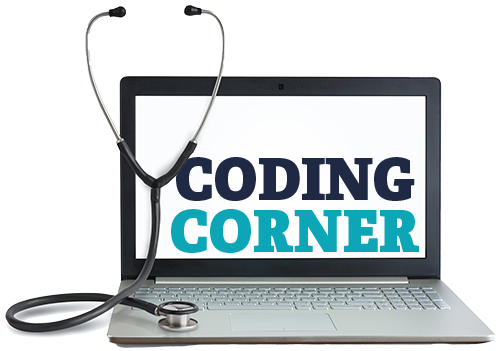 An 84-year-old woman with a history of dementia was admitted for worsening confusion over the last two days. Her initial workup in the emergency department is unremarkable including a normal urinalysis, basic metabolic panel, complete blood count, and CT of the head. On day two, she is increasingly combative and requires restraints. After a discussion with her family about the risks and benefits, quetiapine is added nightly. You order an electrocardiogram to check the patient’s QT interval, magnesium level, and another basic metabolic panel. On day three, she continues to require intermittent restraints along with the addition of haloperidol as needed.
An 84-year-old woman with a history of dementia was admitted for worsening confusion over the last two days. Her initial workup in the emergency department is unremarkable including a normal urinalysis, basic metabolic panel, complete blood count, and CT of the head. On day two, she is increasingly combative and requires restraints. After a discussion with her family about the risks and benefits, quetiapine is added nightly. You order an electrocardiogram to check the patient’s QT interval, magnesium level, and another basic metabolic panel. On day three, she continues to require intermittent restraints along with the addition of haloperidol as needed.
What level of billing does this qualify for?
This would qualify for level 3 (99233). This patient’s ongoing encephalopathy can be documented as an acute threat to life due to her inability to maintain her activities of daily living and personal safety. Alternatively, it could be documented as a severe exacerbation of a chronic disease (dementia) requiring ongoing inpatient care. If her level of confusion is significant enough to justify restraints, then it should be documented that she remains a threat to herself or others. Restraints are treatments with a high risk of morbidity due to the risk of increased delirium, self-injury, loss of patient autonomy, electrolyte disturbances, and rhabdomyolysis, which is why they are generally used as a last resort. The use of chemical restraints, such as quetiapine or haloperidol, would also be considered a treatment requiring monitoring for medication toxicity, especially if paired with other QT-prolonging medications. These would usually necessitate some short-term electrolyte and electrocardiogram evaluation, especially while the patient was in restraints. Thus, this patient meets two of the three categories for high-level medical decision making.
Tip
A patient with encephalopathy requiring the use of restraints (physical or chemical) will usually meet the criteria for high-level medical decision making. Follow-up visits that continue to require restraints or medication adjustments can usually be billed as a level 3 (99223) with supporting documentation of the patient’s severity of illness and need for medication toxicity monitoring or the use of a high morbidity treatment.
Dr. Gentile is an internal medicine hospitalist, section chief for acute care medicine and associate program director for internal medicine at Corewell Health Western Michigan, and assistant professor, department of medicine, Michigan State University College of Human Medicine in Grand Rapids, Mich. Disclosure: Dr. Gentile is on Gilead’s speakers bureau and consults on the hospital management of COVID-19.
This type of education is excellent! I hope more of the various categories of patient cases we see as hospitalists (COPD, AKI, diabetes, CAD, CHF, etc.) are presented. Billing is daunting and time-consuming for hospitalists, and this educational vignette dramatically helps. This is valuable to me as a member of SHM.
Concise and real case examples. Perfect to keep coding simple and relevant.